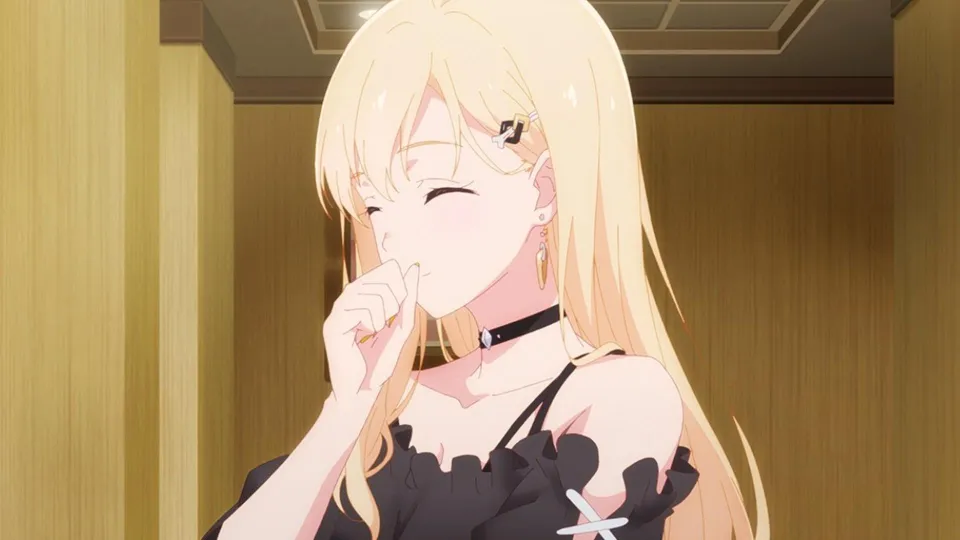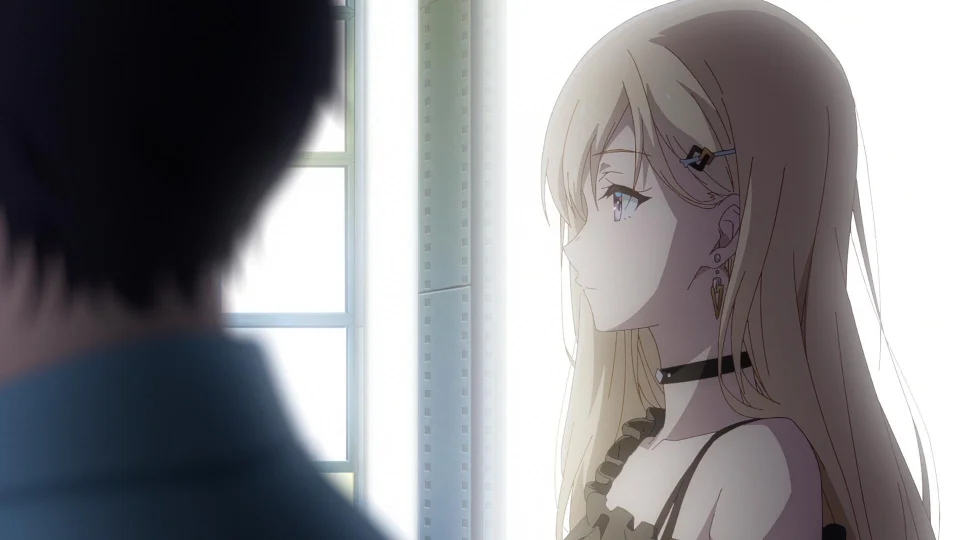Gimai Seikatsu promises to be 'a different romcom'

Following the premiere of the first episode of the anime "Gimai Seikatsu (Days with My Stepsister)", the author of the original light novels, Ghost Mikawa, has shared an extensive update on his official Twitter account, offering an in-depth and detailed look at the episode and the adaptation in general.
In his post titled "Comments and Explanation of Episode 1 of the TV Series 'Gimai Seikatsu' by the Original Author," Mikawa expresses his gratitude to everyone who watched the first episode and proceeds to offer a series of reflections from his perspective as the creator of the source material.
Deviating from the expectations of a typical romantic comedy, Mikawa begins by addressing how the anime might have surprised those viewers who were hoping for a more conventional narrative. According to him, many might have anticipated a chaotic romantic comedy due to the premise of living with a stepsister, but he quickly clarifies that "Gimai Seikatsu" is not a typical romantic comedy. Although the basic elements might suggest it, the series focuses more on the everyday life and real interactions of the characters, seeking to reflect reality without losing the charm of animation.
Mikawa emphasizes that although the work might fit into the "human drama" genre, its focus on amorous feelings gives it a unique identity, which led him and his publisher to classify it as a "love life novel." The author stresses that the true essence of "Gimai Seikatsu" lies in the minute details of daily life and the complete reading experience, rather than in the major events of the plot.
Mikawa then reflects on the difficulty of adapting his work to an audiovisual format. He acknowledges that turning such a detailed and subtle narrative into an anime is a significant challenge, and thanks director Takehiro Ueno for capturing and respecting the essence of his work. According to Mikawa, this deep understanding of the difficulty demonstrates the production team's respect for the author's original vision.
The author also offers a detailed analysis of the main characters, Yuuta and Saki. He describes both as "extremely rational and complicated" individuals due to their past experiences with failed relationships with their parents. Mikawa mentions how both characters try to keep an appropriate distance to avoid conflict, and how their interactions reflect their complex personalities and expectations regarding human relationships.

As for the anime's original elements, Mikawa appreciates the additions from the production team that, while not in the novel, feel natural and authentic to the story. Examples include small details such as Saki uncovering a sticker on the wall or Yuuta reflecting when she sees the light on in the living room. Mikawa praises how these details enrich the narrative and bring a new dimension to the characters.
In terms of design, art direction, and editing, Mikawa admits to not being an expert in animation, but expresses admiration for the meticulousness with which these aspects have been handled. It highlights the realistic depiction of everyday life, the natural acting of the seiyuus (voice actors) and the precise setting of scenarios such as Shibuya.
Finally, Mikawa concludes his lengthy post by encouraging viewers to enjoy the anime not only for its individual elements, but for the harmony and coherence of the work as a whole. It encourages the audience to immerse themselves in the world of the characters and appreciate the minute details that make "Gimai Seikatsu" a unique experience.
In short, the original author of "Gimai Seikatsu" has offered a deep and thoughtful perspective on the adaptation of his work, highlighting both the challenges and achievements of bringing his story to the screen. Not only does Mikawa's update provide valuable guidance for anime fans, but it also underscores the care and dedication required to faithfully adapt such a nuanced literary work.
Source: Twitter

